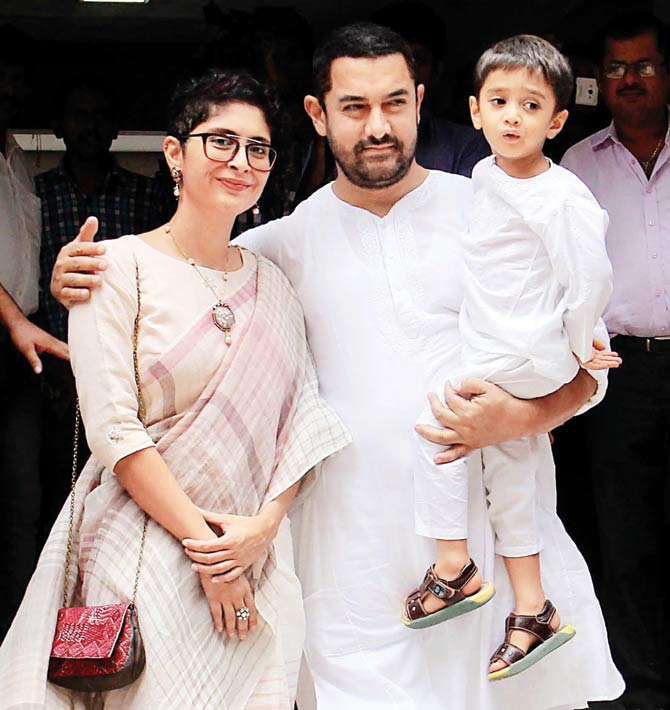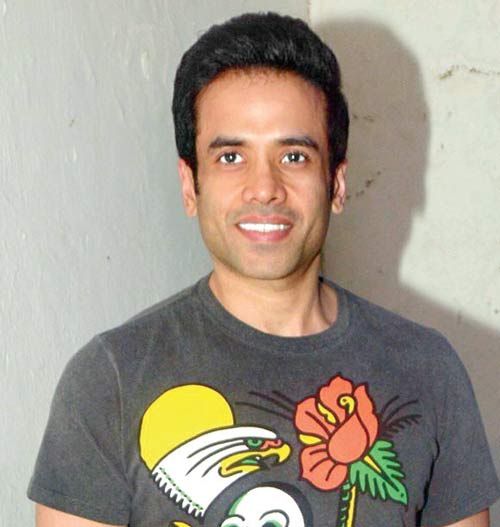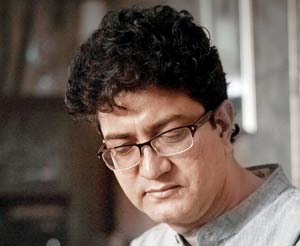Surrogacy (Regulation) Bill, denies the right to surrogacy to single people, live-in partners, homosexuals and even married couples, who have co-parented biological or adopted children earlier. Here's what few Bollywood celebs have to say

When Tusshar welcomed a baby boy born via IVF and surrogacy last June, the unmarried actor was unanimously applauded by Bollywood folk on the bold move. Experts also commented how the instance would give courage to many others to opt for assisted reproduction. But dealing a blow to the aspirations of wannabe parents, the Cabinet on Wednesday cleared the Surrogacy (Regulation) Bill that seeks to replace commercial surrogacy. The new legislation, arguably, denies the right to surrogacy to single people, live-in partners, homosexuals and even married couples, who have co-parented biological or adopted children earlier.
ADVERTISEMENT
Also read: Did Sushma Swaraj taunt Shah Rukh Khan and Aamir Khan for opting surrogacy for fashion?

Kiran Rao and Aamir Khan with son, Azad. Pic/PTI
Two weeks ago, Aamir Khan and Kiran Rao attended a special event to spread awareness about IVF and surrogacy where the star said, "When I had Junaid (son from ex wife Reena Dutta), it just changed my life. There are so many couples — even single people — who are unable to have children. The fact that someone is able give this joy to so many people is really wonderful. It's really changed the lives of many people."
Birth of a controversy: Debate on surrogacy engages nation

Jeetendra with Tusshar's (below) newborn, Laksshya
Kiran, on her part, had stressed how she felt "complete" after their son, Azad, was born.
But now, the government is in the process of drafting a new law allowing altruistic surrogacy for childless couples married for at least five years. The Bill also asserts that the surrogate mother should be a close relative of the couple, married and have borne a child of her own earlier.
Also read: Cabinet adopts bill to abort commercial surrogacy

With celeb couples who opted for surrogacy staying mum, the industry stays divided in their opinion on the Bill. Referring to her 2002 film, Filhaal, director Meghna Gulzar tweeted, "Reva (Tabu), Sia (Sushmita Sen), What you did then, is now illegal. You don't have the option anymore."
While Tusshar refused to comment, filmmaker Farah Khan said, "I feel I haven't gone in for surrogacy. You should speak to people who have actually got it done."
Split down the middle
Onir, filmmaker
Personally, if I ever want a child, I would go for adoption. But that is my choice. The Government is talking about how surrogacy is against our ethics. What ethics are we talking about? I find the tone of the Bill extremely regressive. Exclusion of large sections of people is unjustified. This kind of discrimination goes against the basic ethos of democracy. To be a mother, why should anyone have to be married? The Government is overstepping the line.
Prasoon Joshi, lyricist
When surrogacy is a product of only human genetic greed and breeds exploitation, it is deeply saddening. It is time we soul-search and improve our current practices.
Sona Mohapatra, singer
I hail the government's move towards creating a regulatory structure for surrogate parenting and banning commercial surrogacy. The current 'free for all' scenario has made India a global centre for the baby business and is another means to exploit women and treat them as baby-making machines. These regulatory measures will hopefully help separate genuine cases from profit-driven ventures.
Vishal Dadlani, music composer
Nothing to say except that I'm not surprised. We are living in a bit of a tinpot dictatorship, where the government seems to be constantly seeking to monitor and control people's personal lives. Should surrogacy be de-stigmatised and regularised? Yes. Should the government have any other say in it? Absolutely not. Should anyone have the right to comment on how and why other people have children? Absolutely, utterly, completely not.
Anushka Manchanda, singer
A ban is harsh, and in a country like ours, it will not stop this operation, but instead make it even worse for the people involved because there's a big chance of it continuing illegally. If strict rules were implemented so that women were not exploited and given health benefits and medical security, it would be a win-win for everyone.
—As told to Soumya Vajpayee Tiwari and Mohar Basu
 Subscribe today by clicking the link and stay updated with the latest news!" Click here!
Subscribe today by clicking the link and stay updated with the latest news!" Click here!






